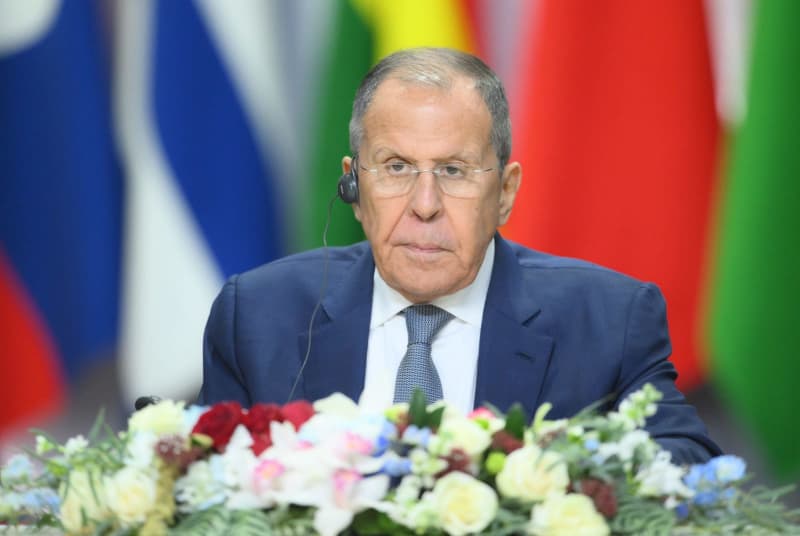Russian Foreign Minister Sergei Lavrov is set to attend a meeting of the Organization for Security and Co-operation in Europe (OSCE) in Malta, marking his first visit to an EU country since the onset of sanctions imposed against him and President Vladimir Putin following Russia’s invasion of Ukraine in February 2022. The meeting is scheduled for December 5 and 6 and is organized by Malta’s Deputy Prime Minister and Foreign Minister Ian Borg. In a statement regarding the trip, Foreign Ministry spokeswoman Maria Zakharova confirmed Lavrov’s attendance, emphasizing the importance of OSCE as a communication platform for Moscow amid its withdrawal from several other European institutions.
Lavrov’s previous attendance at an OSCE meeting in December 2021 was the last time he visited an EU country before the sanctions were imposed. His attempts to participate in international gatherings have faced challenges, as demonstrated in December 2022 when he was denied entry to Poland during the OSCE meeting in Łódź, despite the absence of clear stipulations in the EU sanctions preventing his attendance. This illustrates the ongoing tensions between Russia and Western nations and highlights the challenges faced by Russian officials in navigating international diplomatic engagements following the Ukraine crisis.
In light of the conflict, Lavrov has remained vocal about Russia’s position, utilizing platforms like the OSCE to communicate its views on the ongoing war. The Russian government has emphasized its perception of the OSCE as a vital arena for dialogue rather than a forum to isolate Russia. This perspective is underscored by Lavrov’s critical remarks in a media interview regarding Turkey’s military support for Ukraine, asserting that such actions are detrimental to Russian soldiers and civilians alike.
The dynamics of Lavrov’s impending visit are indicative of the broader geopolitical landscape in which the OSCE operates. The organization serves as a forum for both dialogue and diplomacy among its member states; however, the fractures resulting from the war in Ukraine continue to complicate its efforts. As the OSCE grapples with these challenges, Lavrov’s participation in the upcoming ministerial council in Malta signals Russia’s intent to engage and assert its narrative in this multilateral setting, even amid ongoing sanctions and international isolation.
Lavrov’s attendance at the Malta meeting reflects Russia’s determination to maintain some degree of diplomatic presence within European forums. It demonstrates a strategic approach to continue advocating for its interests while navigating the complexities arising from its military actions and the responses of other nations. The outcome of these discussions will be crucial for understanding the future trajectory of OSCE member relations and how the organization can adapt to the realities of ongoing geopolitical strife.
In summary, Lavrov’s forthcoming visit to Malta underlines the intricate interplay of diplomacy amidst a profound geopolitical crisis. As tensions remain high, and with Russia’s position at the center of international scrutiny, his engagement at the OSCE meeting will be pivotal in shaping the dialogue surrounding security in Europe. The ability of the OSCE to facilitate constructive discourse amid existing conflicts will be tested, and Lavrov’s participation will play a critical role in this ongoing narrative.

